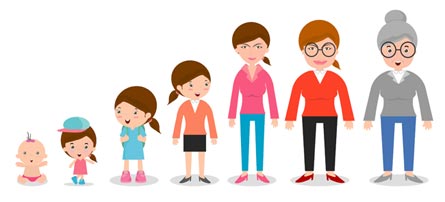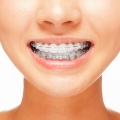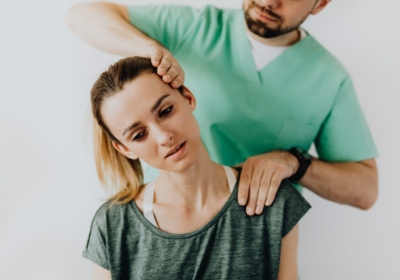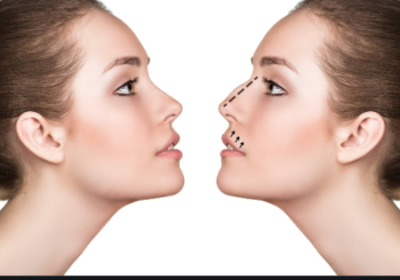Puberty refers to the period when the body starts changing so that children can become adults. This period differs from one person to another because people are different. Some children may enter puberty earlier than others, and that is very normal. For this reason, it is important to have knowledge about this important transition period in order to be aware of the changes that are taking place in your children. Note that, there are distinct changes that occur in both boys and girls, with girls’ changes being more complex. Some of the changes include:
- Gaining weight and growing taller
- Widening of the hips
- Changes in body odor
- Growth of hair around the vulva and under arms
- Pimples
- Menstruation
What is menstruation?
When a girl enters puberty, her body tends to prepare for the possibility of pregnancy every month. This can be attributed to hormones that are responsible for signaling the ovaries to produce an egg monthly. Once the egg is released from the ovary, it is led to the fallopian tubes and during this time, the uterus lining starts thickening and growing. If the egg isn’t fertilized, pregnancy doesn’t take place and the lining is broken down and eliminated from the body via the vagina. Most girls begin their menstruation at the age of 12, but in some special cases, girls might start their menstruation as early as eight years.
Menstruation during the 20s
It is normal for your menstruation to begin changing during your 20s somewhere around 25 years. Sometimes, these changes can signify changes in your health and other times it can be as a result of changes in weather or maybe your new birth control. Depending on the method of birth control you are using, changing to a new method can bring about some changes including lightening your flow or making it stop completely.
Stress can also bring about changes in your menstruation. This is mainly because stress hormones are known to disrupt signals from the brain to the ovaries. During your 20s, lots of things take place in your life including landing your first job, losing it, getting into serious relationships and getting out of them and so forth. These changes directly affect your period and in most cases, erratic periods are not brought about by stress as most people think. According to health practitioners, erratic periods are likely to occur during your 20s.
In addition, if you are not under stress and all over sudden you start having erratic periods characterized by periods that last long or fail to show up for several months, you might be having a hormonal imbalance situation. This situation is characterized by string-like cysts growing on the ovaries. In many cases, the situation is likely to show up during your 20s, but some women have been diagnosed with it earlier or later in life. According to experts, there are numerous signs of hormonal imbalance including the excessive growth of hair and acne on the face region. There are several treatment options to deal with this situation, and the most important thing is to see a doctor once you start noticing these signs.
Menstruation during your 30s
Menstruation during your 30s can be affected by a wide range of factors including thyroid issues, and according to studies, women are likely to develop thyroid issues than men. One major issue brought about by thyroid complications is heavier periods. These periods are usually worse than the normal cramps and menstruation tends to become longer. Because this is the period you are likely to start having kids, your cycle is likely to be affected. Things might take longer to resume their normalcy if you happen to be breastfeeding. Additionally, if you suffer from a miscarriage your periods might become irregular.
Menstruation during your 40s
At first, you will notice some fluctuations and start missing your periods from time to time. Note that, this is the period you will reach your menopause and stop menstruating. However, besides menopause, there are some other factors to bear in mind during your 40s. Changing your exercising routine has been shown to affect periods, and most women choose new exercising routines at 40. Additionally, period changes during your 40s can imply some underlying serious issues such as the dreaded uterine cancer and in case your periods are becoming extremely abnormal, consider talking to a doctor.
Conclusion
Your periods are likely to change as you age because of numerous changes that take place inside and outside your body. Remember that, some of these changes are absolutely normal, but it is wise to consult a doctor if your periods show some extremely abnormal tendencies.







Recent Comments